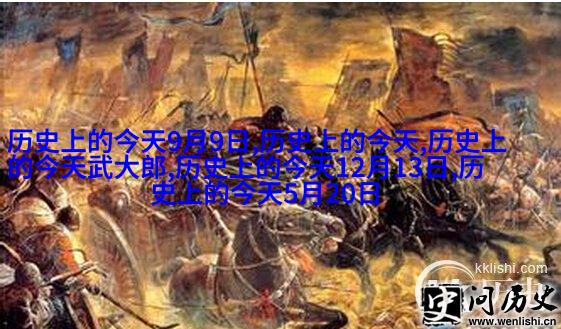The Fascinating English Stories of Chinese History

Chinese history, a treasure trove of fascinating stories and intriguing anecdotes, has captivated the imagination of people around the world. From the ancient Silk Road to modern-day diplomacy, China's rich heritage offers an array of captivating tales that reveal the complexities and nuances of this vast and diverse country.
One such story is that of Marco Polo, a Venetian traveler who ventured into China during the reign of Kublai Khan in the 13th century. His book "Il Milione" (The Travels), which chronicled his experiences in China, introduced Europeans to a land they had previously only heard about through legends and myths. This book not only opened up new trade routes between East Asia and Europe but also fostered greater understanding between different cultures.

Another interesting tale revolves around Captain James Cook's expedition to China in 1771. The British explorer was known for his navigational skills but little did he know that he would soon find himself entangled in a complex web of diplomatic intrigue when he attempted to steal a Chinese ship from Macau harbor. His subsequent trial sparked international tensions but ultimately led to improved relations between Britain and Qing dynasty China.
In recent times, one notable example is how Xi Jinping used Shakespearean references during his visits abroad as part of his soft power strategy. For instance, during his visit to London in 2015, President Xi quoted from Shakespeare's Tempest at Guildhall: "We are such stuff as dreams are made on." This poetic gesture not only showcased Xi's cultural sensitivity but also highlighted China's growing influence on global politics.

From ancient dynasties like Ming and Qing to modern-day diplomacy under Xi Jinping's leadership, these stories illustrate how language has played an integral role in shaping historical narratives surrounding China. These fascinating English stories offer us valuable insights into what it means to be part of an ever-evolving global community where cultural exchange can lead both conflict or cooperation depending on context.
These tales highlight just some examples among many other intriguing episodes woven within the tapestry called 'China history'. As we delve further into this enigmatic realm with its myriad languages - including Mandarin Chinese - we discover more unexpected connections across time zones while simultaneously gaining perspectives on our own shared humanity amidst globalization processes unfolding today worldwide!




